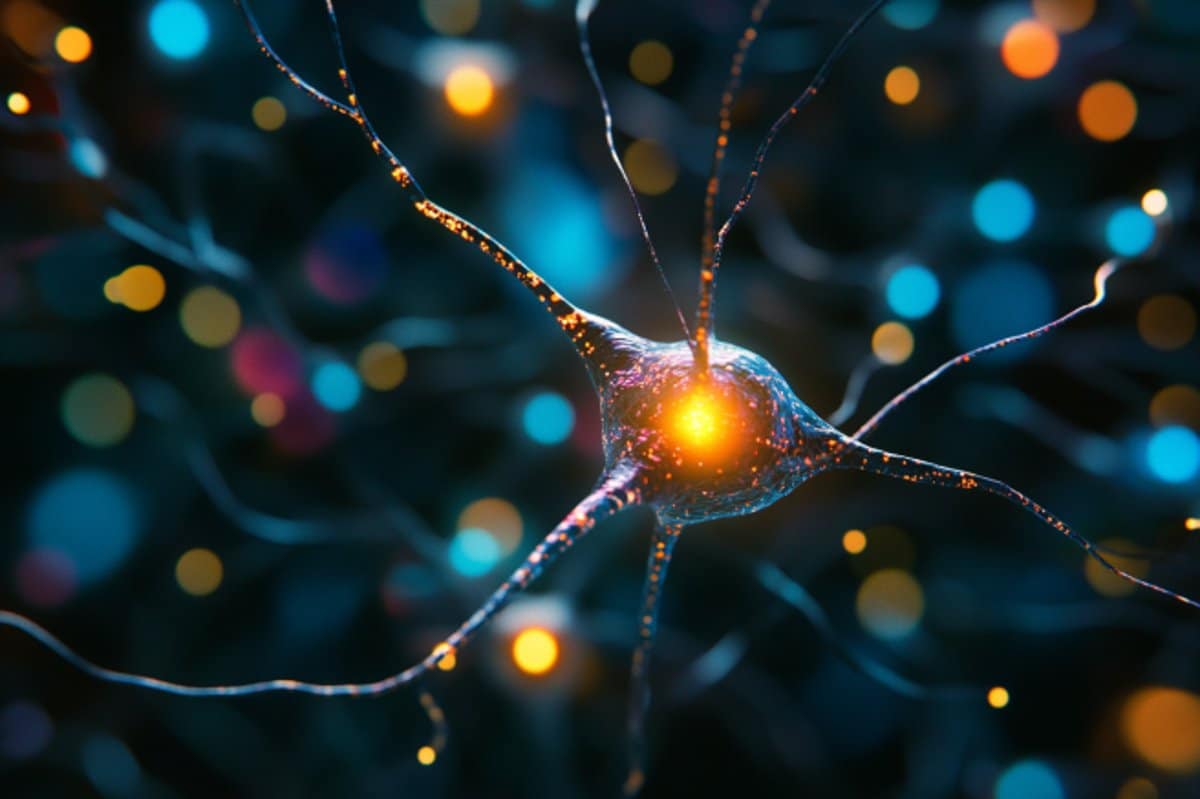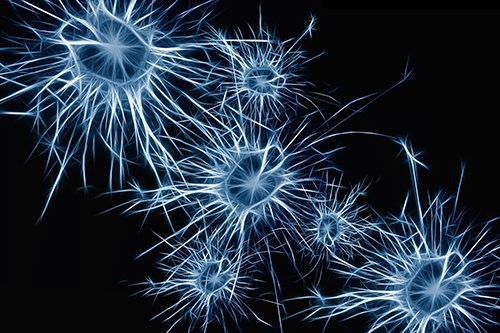
If you’ve heard of two of the brain’s chemical neurotransmitters, it’s probably dopamine and serotonin. Never mind that glutamate and GABA do most of the work—it’s the thrill of dopamine as the “pleasure chemical” and serotonin as a tender mood-stabilizer that attract all the headlines.
Of course, the headlines mostly get it wrong. Dopamine’s role in shaping behavior goes way beyond simple concepts like “pleasure” or even “reward”...
Read More









Recent Comments